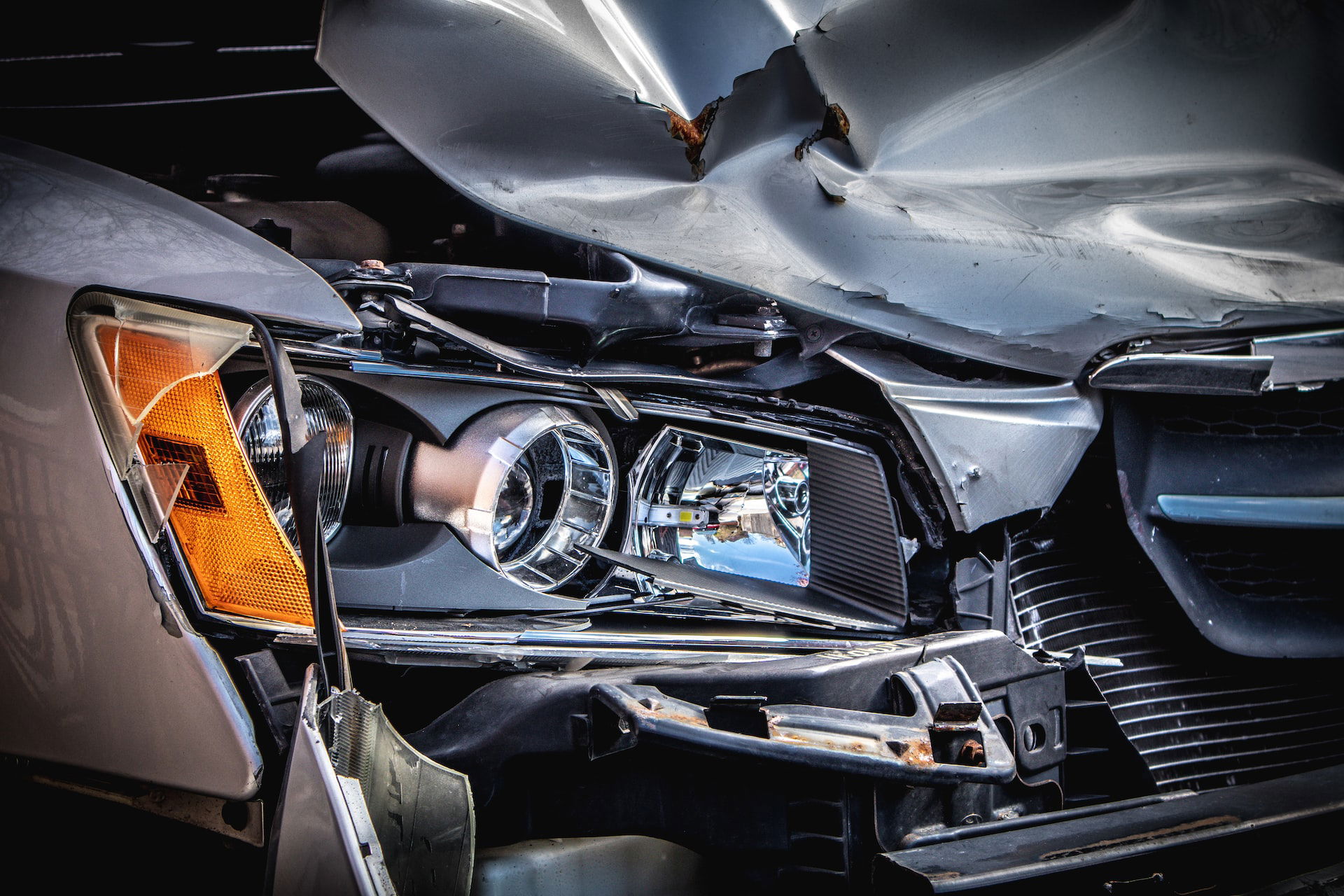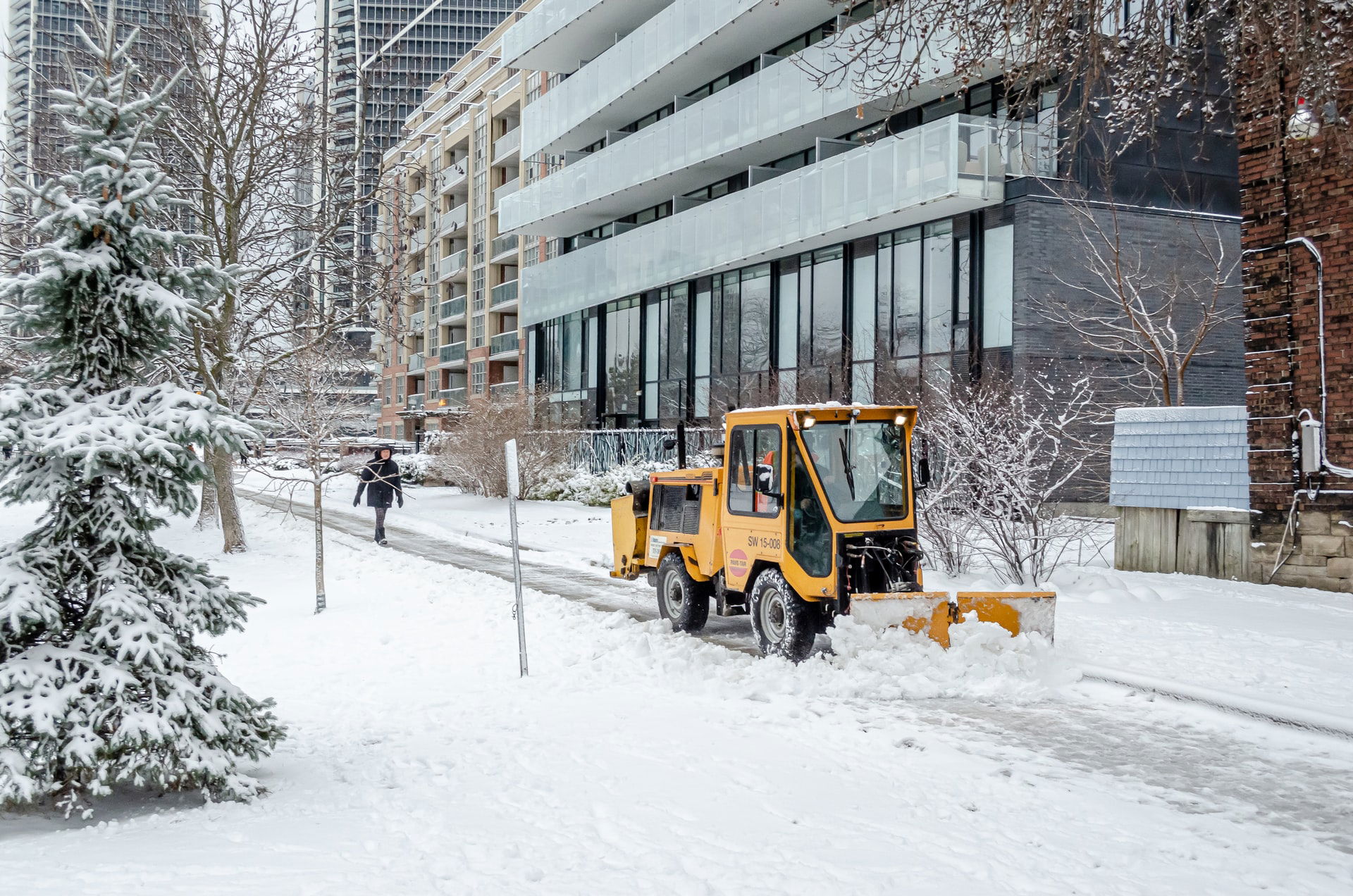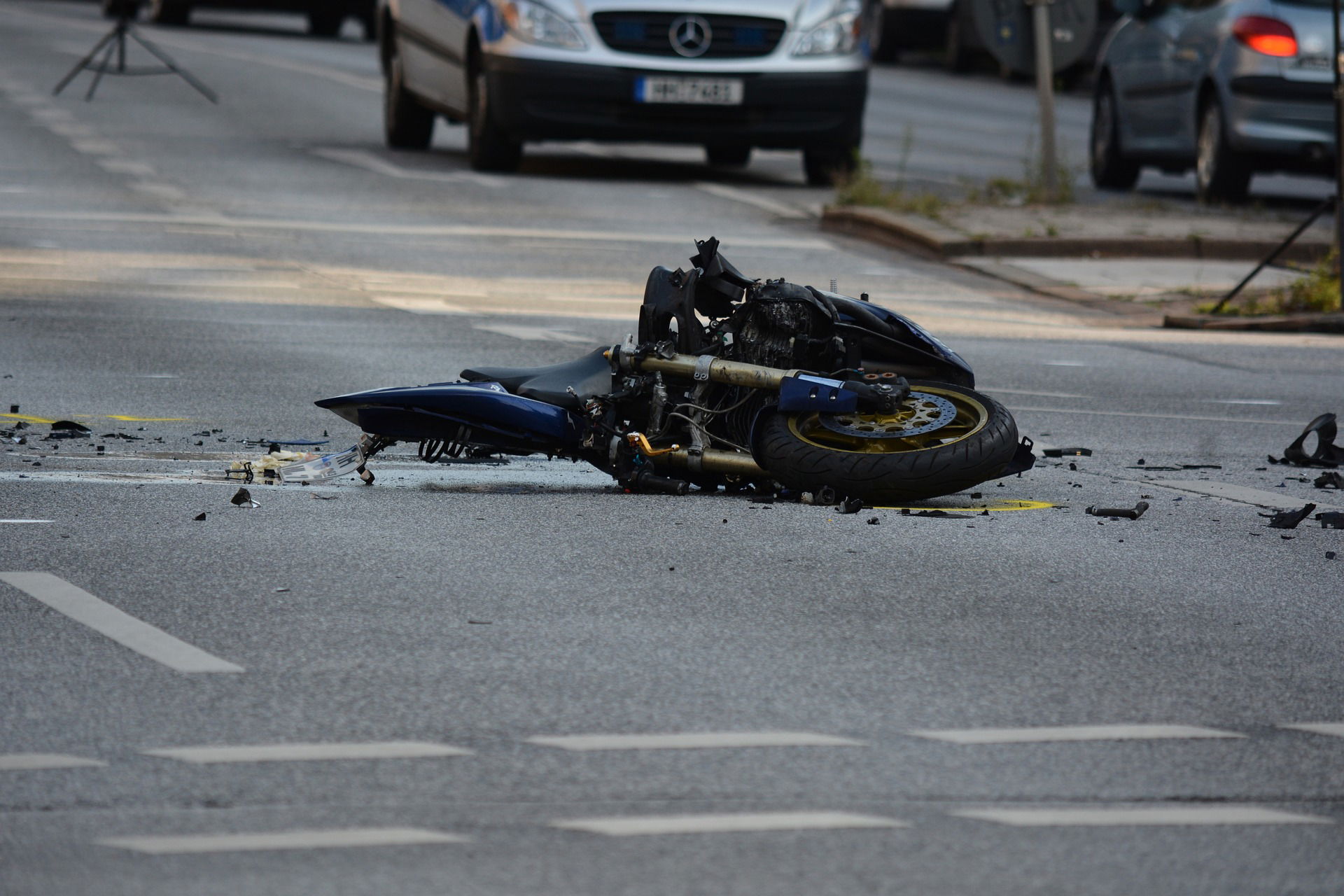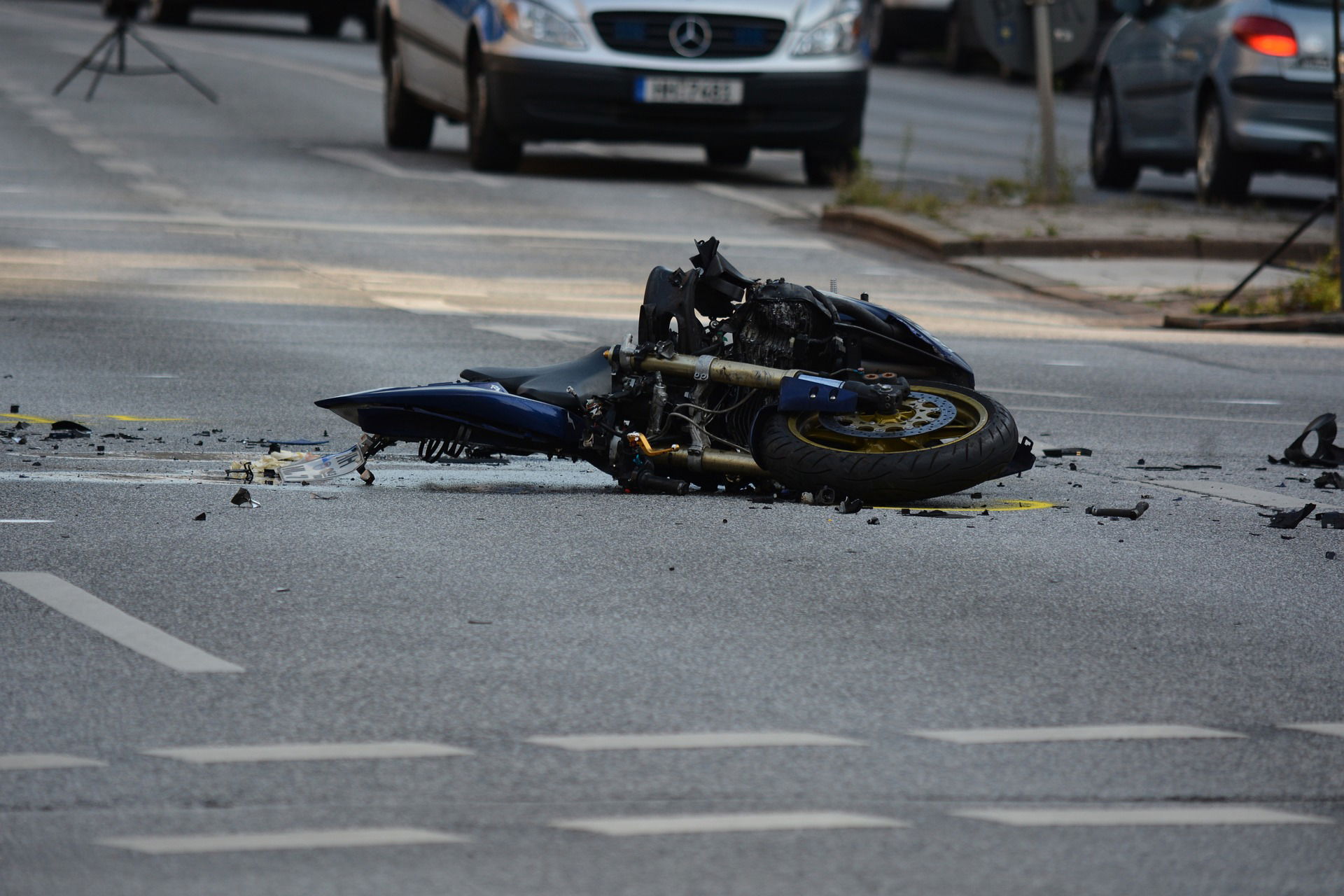Top Stories
Car Accidents
Holidays May Mean a Road Trip, and Here’s How to Stay Safe
Driving in Pennsylvania can be relaxing or challenging, depending on the weather, the distance, how distracted you may be, or the reason you are on the road. If it's the ...
Car Accidents
What to Know About Pennsylvania Car Accident Laws
Pennsylvania has more than nine million licensed drivers and over four million registered vehicles. At peak hours and times of the day, certain roadways and highways contain higher volumes of ...
Settling A Workers’ Compensation Claim Can Mean Giving Up Lifetime Benefits
Settling a workers' compensation claim, may mean giving up lifetime benefits. That is why it is best to discuss your case with an experienced workers' compensation attorney at MP2 Placidi ...
Holidays May Mean a Road Trip, and Here’s How to Stay Safe
Driving in Pennsylvania can be relaxing or challenging, depending on the weather, the distance, how distracted you may be, or the reason you are on the road. If it's the ...
What to Know About Pennsylvania Car Accident Laws
Pennsylvania has more than nine million licensed drivers and over four million registered vehicles. At peak hours and times of the day, certain roadways and highways contain higher volumes of ...
Unemployed in Erie? You Have Rights Too.
A significant right for the unemployed is unemployment compensation and financial assistance until they can find other work. Who is Eligible for Compensation? You are eligible to apply for work ...
How Does The Workers Compensation Act Apply to Blue-Collar Workers in Pennsylvania?
Workers’ compensation is no-fault insurance that covers certain expenses for employees who are injured on the job. The Pennsylvania Workers’ Compensation Act requires Pennsylvania employers to carry workers’ compensation coverage ...
What To Do After a Head-On Collision in Pennsylvania
Car accidents are frequent in Pennsylvania and often result in serious injuries or death. What are the drivers expected to do in the aftermath of a collision? If those involved ...
Motorcycle Safety Tips for Pennsylvania’s Open Roads
There's no doubt that motorcycles are the best form of transportation when the weather is warm. It's an experience like no other. All that is on your mind is getting ...
Pennsylvania Snowplow Accidents
The winter months bring heavy snowfall, but life does not pause. Pennsylvanians still need to go to school, work and to appointments, among other things. With that in mind, snowplows ...
Motorcycle Accident Safety
While you are out on the road, keep safety in mind. Motorcycles are hard to see from a driver's perspective, and many accidents result from motor vehicles suddenly turning in ...
How Long Can I Wait to Hire an Attorney After a Motorcycle Accident?
After a motorcycle accident, you may be feeling overwhelmed and confused about what to do next. Your best option is to call a Pennsylvania motorcycle accident attorney immediately. The longer ...
Who Can File a Wrongful Death Claim in Pennsylvania?
In Pennsylvania, wrongful death is a fatality “caused by the wrongful act or neglect or unlawful violence or negligence of another.” While this is a broad definition, common examples may ...










